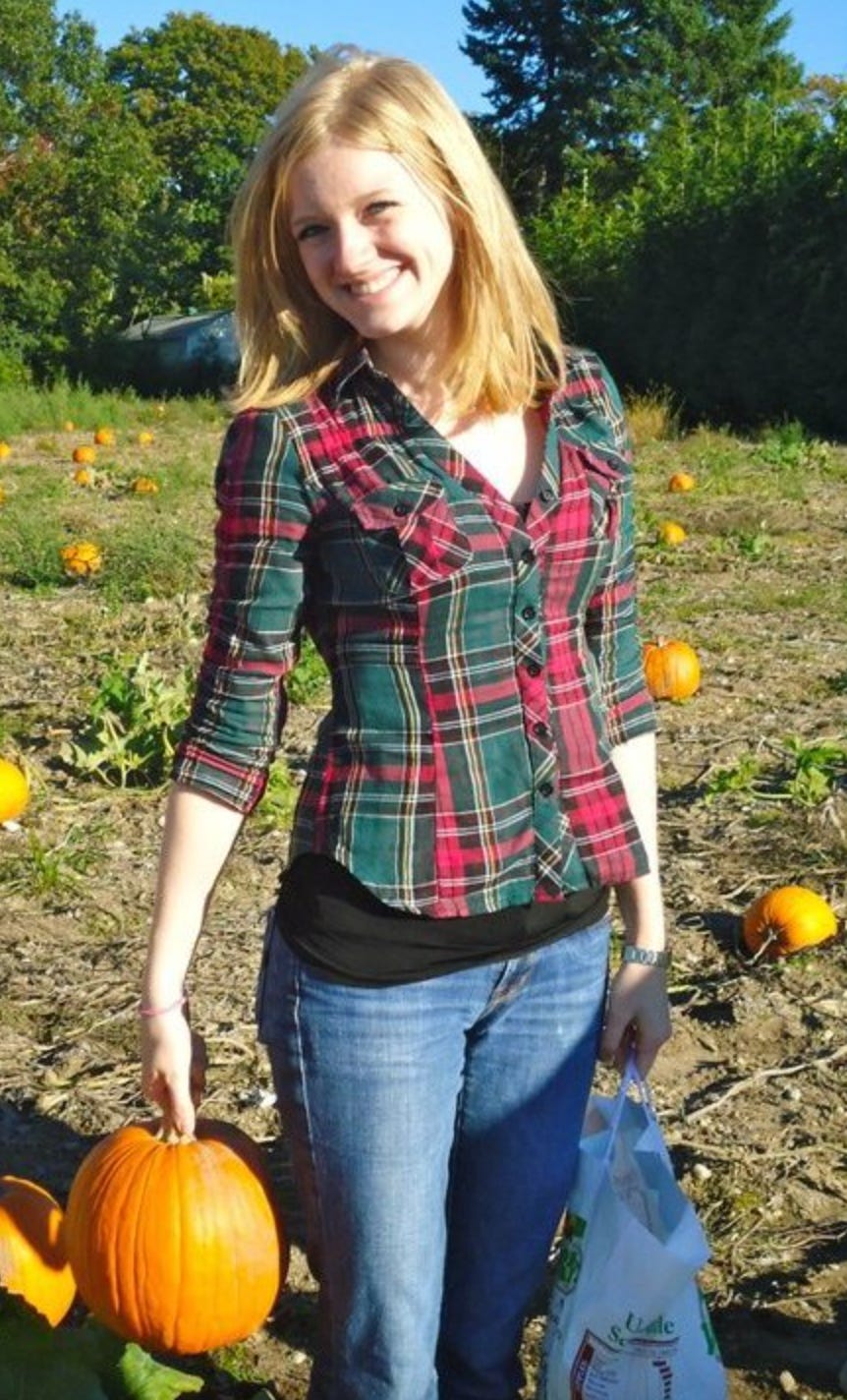Forever Young
My friend Carly passed away ten years ago Friday. This is how she lived.
Our lives are shaped by those around us. Family. Friends. Coworkers. Strangers. Everyone leaves an impact, no matter how small. Some people lead us astray; others direct us towards our chosen path. Most people we forget; some we remember in vivid detail long after they’re gone.
Aside from my immediate family, there is no one who has impacted…
Keep reading with a 7-day free trial
Subscribe to Hello, Adversity to keep reading this post and get 7 days of free access to the full post archives.



